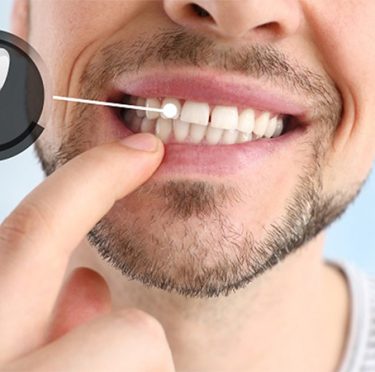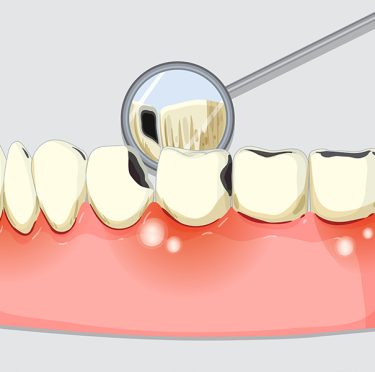How Can I Keep My Dental Implant Clean and Healthy Every Day?
June 4, 2025Thinking about getting implants or already have one? These long-term solutions can work wonders for your smile, but they need...
Read More >>How to Prevent Gums After Periodontal Disease Treatment?
June 1, 2025Just had gum treatment? That’s a major step forward—but it’s not the finish line what you do next after Perio...
Read More >>Step-by-Step Procedure of Periodontitis Gingivectomy Treatment
May 1, 2025Periodontitis is described as a severe gum infection that may damage the tissues supporting your teeth, leading to tooth loss...
Read More >>Bruxism Treatment: How to Stop Teeth Grinding and Its Symptoms
May 1, 2025Teeth grinding is quite a common issue that can cause serious discomfort and long-term damage. Those who struggle with teeth...
Read More >>Effective Solutions for Managing Gum Recession on One Tooth
April 1, 2025Have you spotted your gums receding from a single tooth? This could be gum recession, a condition that may cause...
Read More >>What to Expect During and After a Scaling and Root Planing Procedure
April 1, 2025Gum disease doesn’t always show obvious signs, but when it does, bleeding gums and persistent bad breath are hard to...
Read More >>





